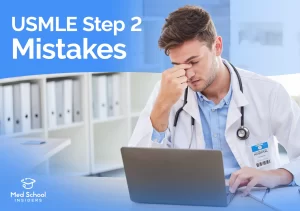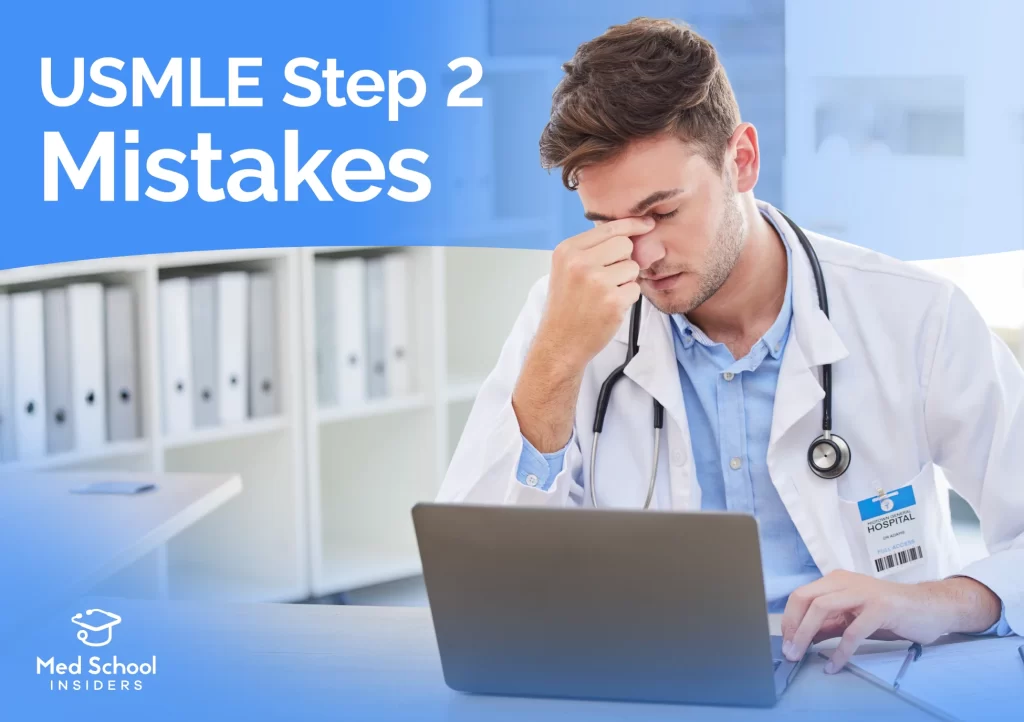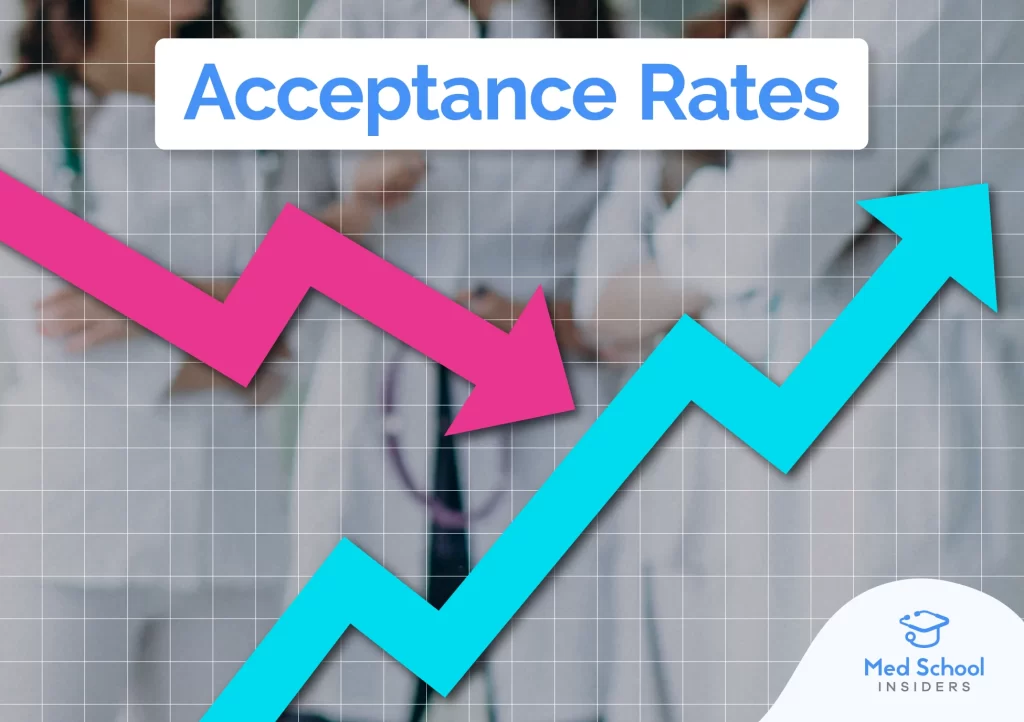Whether from TV shows or elsewhere, the public perception of what it means to be a physician is often woefully inaccurate. From personality to intellect, motivations, and biases, much of what you think you know about doctors is probably wrong. So what is true and what is false? We’ll separate the fact from fiction.
1 | Doctors Are Incredibly Smart
Given the path it takes to become a doctor, I understand why most people would assume doctors are particularly intelligent. First, you compete as a pre-med student in college in an often cutthroat environment, you score well on the MCAT, pass through medical school and take your boards, and then go through 3-7 years of residency before you’re a fully board certified and practicing attending physician.
Don’t get me wrong, the gauntlet that is medical training is incredibly challenging and should not be taken lightly. But I’d argue you don’t have to be all that intelligent to get through it.
As they say, learning in medical school is like drinking from a fire hydrant. The information isn’t particularly challenging, but rather it’s the quantity and rate at which you must learn. And this has less to do with intelligence and more with work ethic. If you’re willing to put in the time with repetition repetition repetition through the form of Anki cards and other active learning methods, you should be fine. The key point is this: being successful in medicine has less to do with intelligence, and much more to do with work ethic.
Getting into certain competitive specialties may favor those who are better at taking tests, productive in research, and liked by their preceptors. But that doesn’t necessarily make them more intelligent. I go over the top 5 most competitive specialties in a previous blog post. Certain other specialties may require more brainpower, like electrophysiology as a subspecialty within cardiology, but you still don’t have to be a genius by any means to do it.
2 | We Hate Eastern Medicine
Complementary and Alternative Medicine, or CAM for short, covers therapies not traditionally included in western medicine. CAM often gets pitted against western medicine, as if it’s an either or and that western medicine physicians must be diametrically opposed. But that isn’t quite true.
Modern physicians strive to practice evidence-based medicine, meaning therapies and medicine which have demonstrated utility through sound research. And often times, the research in certain areas of health is lackluster, like nutrition, and clinical judgment is necessary.
For example, I have Crohn’s colitis, and research demonstrates that curcumin and vitamin D supplementation helps to maintain remission in patients with my condition. Is it CAM or is it western medicine? Call it whatever you want, but it’s evidence-based medicine at the end of the day.
That being said, clinical judgment and reason are essential to know what supplements interact with others and how to take them in a safe and efficacious manner. For example, I’m not going to pull a Gary Null and overdose on Vitamin D to the point of requiring hospitalization. Watch out for such charlatans who promote questionable (and often times harmful) alternative and naturopathic medicine practices while antagonizing evidence-based western medicine.
3 | Doctors Make Bank $$$
Contrary to popular belief, doctors are not nearly as wealthy or financially well off as society would have you believe.
This misconception comes from the high salary that physicians earn. Primary care doctors earn on average $220,000 per year, and specialists earn an average of $320,000 per year. Seems like good money, right?
It’s a good living, but remember that doctors only begin earning this salary after 4 years of college, 4 years of medical school, and 3-7 years of residency. Tack on another 1 or more years if they decide to do fellowship. Plus the average student debt for graduating medical students is near $200,000. Given the opportunity cost and significant loan burden, it still takes some time for physicians to catch up to their peers.
These numbers have been explained time and time again, but another largely overlooked reason is the distribution of income amongst physicians versus other professions. If you are a physician working full time, there’s a very high likelihood that you’ll be making low to mid six figures. Not too many do more than that, and not too many do less. In statistical terms, we call this a low variance. With other professions, however, there is a much broader spread. If you’re a higher level programmer or business person in a large company, making seven figures is not out of the ordinary. Do some physicians make seven figures? Absolutely, but they’re the exception and not the rule.
4 | All Doctors Know Medicine Broadly
If you don’t use it, you lose it. For most physicians, they’ll have the highest level of broadly applicable knowledge after taking Step 2CK during their last year in medical school. And it’s all downhill from there.
Once upon a time, every physician had the cervical plexus memorized and could recite all the different types of diabetes management and a slew of other useful pieces of information. But if one’s specialty is not regularly doing work in these areas, it’s only human to forget the details after a certain period of nonuse.
Would you expect your dermatologist to be well equipped to handle your high blood pressure or anxiety? Obviously not, and that’s why we have cardiology and psychiatry as specialties instead. Sorry grandma, I’m not the best person to tell you what dose of hypertension meds you should be taking.
5 | We’re in Bed With Pharmaceutical Companies
It’s almost comical to me how often you see lay people talking about doctors as if they’re evil and just want to push drugs to make money off your sick health. These are the same people that need to lay off the bath crystals and let go of their tin foil hats.
The reason we go into medicine is ultimately to help people. Most of us love the biology and science, the intellectual stimulation, and some even get a little too caught up in the prestige and salary. But at the end of the day, physicians are in the business of healing their patients.
Are there bad apples? Sure, but that’s with anything in life and they are exceedingly rare. As a whole, physicians want what is best for you. The overwhelming majority don’t even have any affiliation or incentives from pharmaceutical companies. And while pharmaceutical companies are highly polarizing given some of their more scrupulous business practices, understand that if they didn’t ultimately help people with their technologies and medications, they’d be out of business.
People like to talk in black and white, but the truth is always more nuanced than that. Don’t be a sucker for the sensationalism and extreme opinions that are more fiction than fact.
6 | We Know the Answer and Don’t Need Your Input
This misconception is more common amongst the older generation. It’s a common belief that doctors already know the answer and don’t care what you think.
Good physicians understand the utility of asking a patient what they think is at the root of their concerns. In fact, the proper use of this sort of questioning can actually help reach a diagnosis, and equally important, be the foundation upon which a doctor can educate a patient on how to practice the most effective treatment. Oftentimes, patients misunderstand the genesis of their disease or the interplay between factors. For example, when I volunteered at the free clinic, some diabetic patients believed that taking insulin causes one to become blind, have peripheral nerve damage in the hands and feet, and lead to kidney dysfunction. After understanding my patients’ concerns, I was able to educate them that those symptoms are sequelae of poorly managed diabetes, not the insulin itself. Proper use of insulin, in fact, works to combat the high blood sugar levels that lead to these pathologies.
7 | Doctors Are Invincible
This is a misconception that both the public and physicians themselves often believe.
Maybe it’s because physicians are healers and help others, or maybe it’s because they’re expected to act selflessly for much of their training and make immense sacrifices. Whatever the cause, this misconception is ultimately incredibly harmful.
If you don’t take care of yourself, how can you expect to take care of others? Physicians that are fatigued or overworked are prone to making more errors, and that’s bad for patient outcomes.
The epidemic of burnout, depression, and suicide amongst medical students and physicians is something I’ve covered in greater detail in a previous blog post. It’s also a cause I’m deeply passionate about and investing my own time and energy into through the #SaveOurDoctors initiative.










This Post Has 2 Comments
Your argument about business people and coders making 7 figures being the norm is misguided. It’s just as rare for a coder or business person to make 7 figures as it is for a doctor. Look at income distribution charts.
Addressing the misconceptions about doctors is crucial for the public to have a better understanding of their roles and challenges. It’s intriguing how perceptions can sometimes be misleading, so having these conversations is vital. On a related note, I’m curious about your thoughts on naturopathic doctors and how they fit into the healthcare landscape. Do you believe naturopathic medicine offers complementary benefits to traditional medical practices?